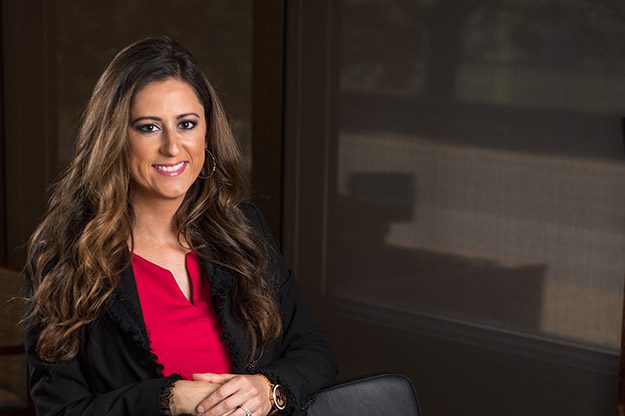Article
Resources
Article
West Virginia Insurance Commissioner Bulletin No. 21-01 Provides Guidance for Filing and Handling Workers' Compensation Claims for COVID-19
On January 19, 2021, the West Virginia Insurance Commissioner issued Bulletin No. 21-01 providing guidance for employers, workers’ compensation insurers, and self-insured employers regarding COVID-19 workers’ compensation claims. The Commissioner reiterated that employees covered by their employers’ workers’ compensation insurance policies have the right to file claims for workers’ compensation benefits if the employees sustain an occupational injury. The Commissioner noted that the term “occupational injury” includes an occupational disease, alluding that COVID-19 will be considered an occupational disease rather than an occupational injury.
The Commissioner specified that employers may not advise employees that they cannot file workers’ compensation claims for COVID-19, nor may employers threaten retaliation for such claims. Employers must post notices in a conspicuous place on their premises identifying their workers’ compensation insurer, including the name, business address, telephone number, and contact person to whom questions about making a claim should be directed.
The Commissioner reminded employees to give written notice of the injury immediately or as soon thereafter as practicable. Generally, employees have six (6) months to from the date of injury or death to file a workers' compensation claim for an occupational injury. The Commissioner recommended employees to file their workers' compensation claim as soon as possible after reporting the injury to the employer.
Employers must report employee claims of occupational disease to their workers’ compensation insurance carriers within five (5) days after receiving notice that an employee desires to file a workers’ compensation claim or within five (5) days of receipt of the employee’s report of injury. The Commissioner forbids employers to conduct screenings or causation investigations of COVID-19 claims prior to reporting the claims to their workers’ compensation carriers (or prior to processing the claim if the employers are self-insured).
When an employee files a workers’ compensation claim for COVID-19, the insurer or self-insured employer must properly investigate the claim and issue a timely written compensability decision. Only after an insurer or self-insured employer receives a properly filed workers’ compensation claim must the insurer or self-insured employer use due diligence to investigate the employee’s claim to determine compensability. These investigations include a determination of the cause and place of injury (COVID-19 exposure) which is germane to whether the injury occurred in the course of and as a result of the employment. Workers’ compensation claims for COVID-19 should not be summarily refused, denied or rejected outright without a proper investigation.
Employers and healthcare providers must cooperate with workers’ compensation investigations of COVID-19 claims by timely providing medical records and other necessary information to workers’ compensation carriers or self-insured employers.
Finally, the Commissioner reminded employers that they may not terminate an employee who is off work for a compensable injury and is receiving, or is eligible to receive, temporary total disability benefits unless the employee has committed a separate dischargeable offense. Additionally, employers cannot cancel or decrease an injured employee’s medical insurance benefits while the employee is receiving workers’ compensation benefits for a temporary disability.



